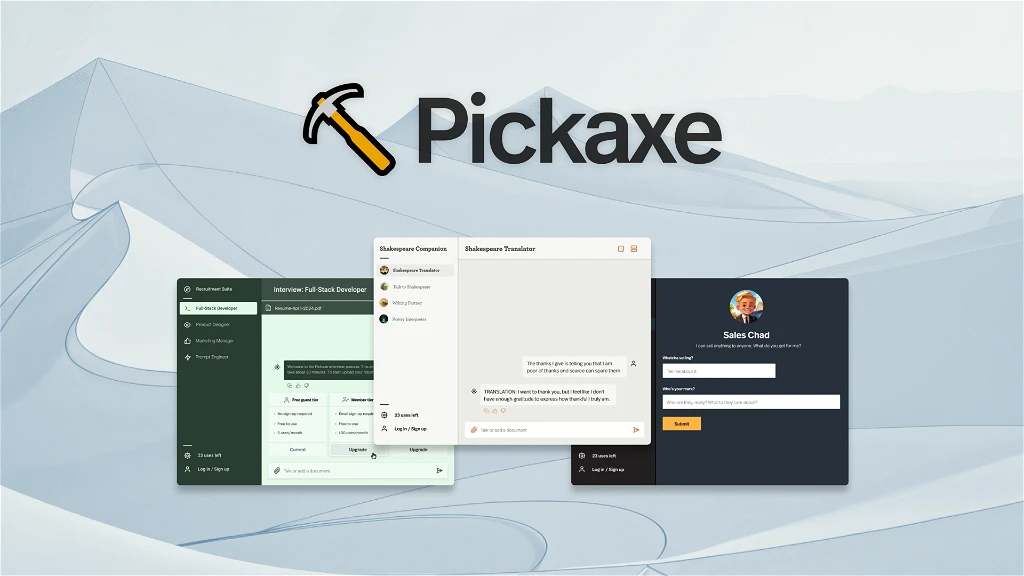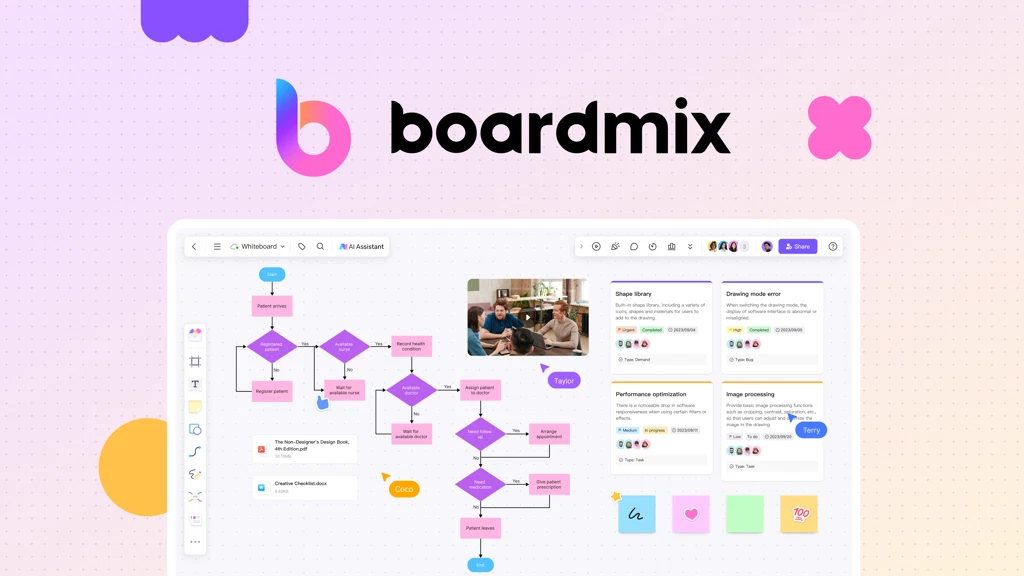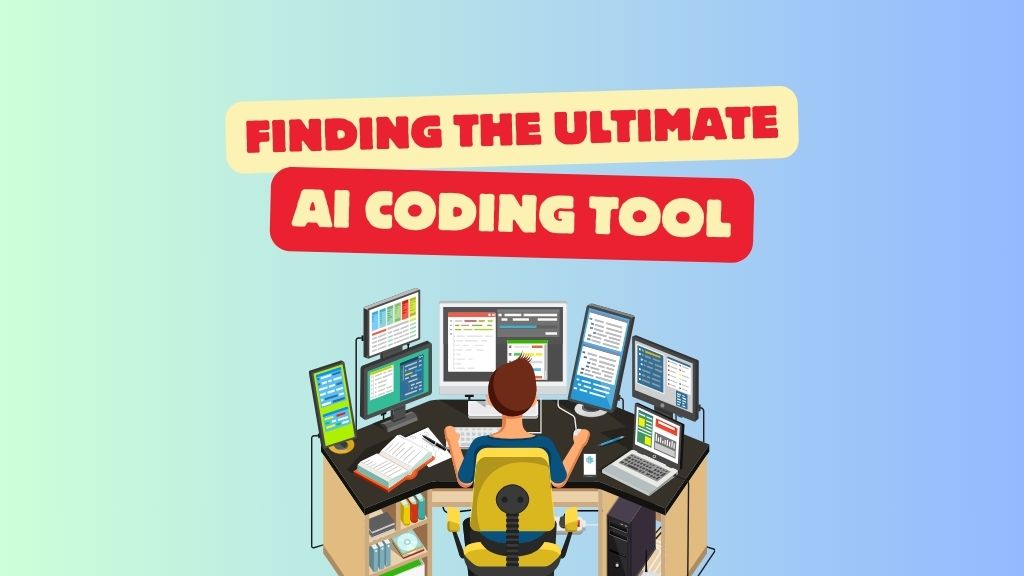Transform Your Life with : ‘The Mountain Is You’
Have you ever stood on the moonlit peak of a personal mountain, gazing at what lies below—the pitfalls of your own thoughts? It’s a daunting perspective, just as I felt one quiet evening while reflecting on my own self-defeating behaviors. In my search for wisdom to break free from limiting beliefs, I stumbled upon Brianna Wiest’s transformative work, ‘The Mountain Is You.’ With a flair for blending relatable narratives and actionable strategies, this book guides readers on a journey of self-discovery and empowerment.
Understanding Self-Sabotage: The Hidden Obstacles
What is Self-Sabotage and How Does It Manifest?
Self-sabotage is a term that gets thrown around a lot, but what does it really mean? In simple terms, it’s when you actively or passively prevent yourself from reaching your goals. You might think, “Why would I do that?” It sounds counterintuitive, right? Yet, many people engage in behaviors that undermine their own success.
Self-sabotage can manifest in various ways:
- Procrastination: Putting off tasks that are essential to your success.
- Negative self-talk: Constantly criticizing yourself and doubting your abilities.
- Overthinking: Getting stuck in analysis paralysis, which prevents you from making decisions.
- Fear of failure: Avoiding opportunities because you’re scared of not succeeding.
These behaviors often stem from deep-seated beliefs about yourself. You may think you don’t deserve success or that you’re not capable of achieving your goals. This mindset creates a cycle of self-doubt and inaction.
Personal Anecdotes on Recognizing Self-Defeating Behaviors
Let me share a personal story. A few years ago, I had a fantastic opportunity to present at a major conference. I was excited but also terrified. Instead of preparing, I found myself binge-watching shows and scrolling through social media. I kept telling myself, “I’ll start tomorrow.” But tomorrow never came. I missed out on that opportunity.
Have you ever found yourself in a similar situation? Maybe you’ve had a project due but chose to clean your room instead. Or perhaps you’ve avoided reaching out to someone because you feared rejection. These are classic examples of self-sabotage. Recognizing these patterns is the first step toward breaking free.
The Psychological Impact of Self-Doubt and Procrastination
Self-doubt and procrastination can wreak havoc on your mental health. When you doubt your abilities, it creates a cycle of negativity. You think, “I can’t do this,” which leads to inaction. This inaction reinforces your belief that you’re not capable. It’s a vicious cycle.
Procrastination can also lead to increased anxiety. You might feel overwhelmed by the tasks at hand, which can result in feelings of inadequacy. You may ask yourself, “Why can’t I just get it done?” This question can spiral into deeper self-criticism.
Understanding the emotional roots of these behaviors is crucial. Self-sabotage often operates at both conscious and unconscious levels. You might not even realize you’re doing it until you take a step back. As Brianna Wiest wisely states,
“You are the mountain and the barrier to your own ascent.”
This quote perfectly encapsulates the idea that often, the biggest obstacles we face are the ones we create ourselves.
Breaking the Cycle
So, how do you break free from self-sabotage? Here are a few strategies:
- Awareness: Start by recognizing your self-defeating behaviors. Keep a journal to track when and how they occur.
- Challenge your beliefs: Ask yourself if your negative thoughts are true. Often, they’re exaggerated or completely unfounded.
- Set small goals: Instead of overwhelming yourself with big tasks, break them down into manageable steps.
- Seek support: Talk to friends or a therapist about your struggles. Sometimes, an outside perspective can help you see things clearly.
By understanding the emotional roots of your self-sabotaging behaviors, you can develop effective change strategies. It’s not about eliminating self-doubt entirely; it’s about learning to manage it. Remember, you have the power to change your narrative.
As you reflect on your own experiences, consider what mountains you might be creating. The journey to self-mastery begins with recognizing that you are both the mountain and the barrier to your ascent.
The Journey to Mastery: Lessons from the Book
Have you ever felt like you were your own worst enemy? You’re not alone. Many people struggle with self-sabotage. In her insightful book, The Mountain Is You: Transforming Self-Sabotage Into Self-Mastery, Brianna Wiest dives deep into this issue. She offers key strategies to help you overcome these internal barriers. Let’s explore some of these strategies and the importance of emotional intelligence in your journey to mastery.
Key Strategies for Overcoming Self-Sabotage
Wiest emphasizes that self-sabotage often stems from conflicting needs within us. We want to succeed, yet we hold ourselves back. Here are some strategies she introduces:
- Identify Your Triggers: Recognizing what causes your self-sabotaging behaviors is the first step. Is it fear of failure? Or perhaps a lack of self-worth? Understanding these triggers can help you address them directly.
- Practice Self-Compassion: It’s easy to be hard on yourself. But Wiest encourages you to treat yourself with kindness. Acknowledge your struggles without judgment. This can create a safe space for growth.
- Set Realistic Goals: Instead of overwhelming yourself with lofty ambitions, break your goals into smaller, manageable tasks. Celebrate each small victory. This builds momentum and confidence.
- Visualize Success: Picture yourself achieving your goals. Visualization can be a powerful tool. It helps you align your mindset with your aspirations, making them feel more attainable.
These strategies are not just theories; they are actionable steps you can take today. By implementing them, you can start to dismantle the walls of self-sabotage.
Real-Life Success Stories
Wiest shares inspiring stories of individuals who have transformed their lives by applying these strategies. One story stands out: a woman who struggled with chronic procrastination. She realized that her fear of failure was holding her back. By using Wiest’s techniques, she learned to confront her fears. Over time, she became more productive and fulfilled. This transformation didn’t happen overnight, but with persistence, she climbed her mountain.
Another success story involves a man who battled self-doubt. He felt unworthy of success. Through self-compassion and setting realistic goals, he gradually built his confidence. Today, he leads a thriving business. His journey illustrates that change is possible when you confront your internal barriers.
The Importance of Emotional Intelligence
Emotional intelligence plays a crucial role in navigating personal challenges. It’s about understanding your emotions and those of others. Wiest highlights that developing emotional intelligence can significantly boost your resilience. Here’s why it matters:
- Better Self-Awareness: When you understand your emotions, you can identify patterns in your behavior. This awareness is vital for overcoming self-sabotage.
- Improved Relationships: Emotional intelligence helps you connect with others. This support network can be invaluable during tough times.
- Enhanced Decision-Making: Understanding your emotions allows you to make more informed choices. You’ll be less likely to act impulsively out of fear or anxiety.
By cultivating emotional intelligence, you equip yourself with the tools needed to face life’s challenges head-on. As Wiest wisely states,
“We often hurt ourselves with our thoughts before we ever face an external challenge.”
This quote encapsulates the essence of her message. It’s not the external obstacles that defeat us, but our internal struggles.
Practical Steps for Real-Life Application
Wiest doesn’t just present theories; she provides practical steps for real-life application. Here are a few to consider:
- Daily Reflection: Take a few minutes each day to reflect on your thoughts and feelings. Journaling can be a helpful tool.
- Seek Feedback: Don’t hesitate to ask trusted friends or mentors for their perspectives. They can offer insights you might overlook.
- Stay Committed: Change takes time. Be patient with yourself. Celebrate progress, no matter how small.
By incorporating these practical steps into your daily routine, you can start to see positive changes in your life. Remember, the journey to mastery is ongoing. It requires dedication and self-awareness.
Wiest’s book is a powerful guide for anyone ready to confront their internal barriers. It’s about more than just overcoming self-sabotage; it’s about unlocking your true potential. Are you ready to take the first step?
Transformative Takeaways: How ‘The Mountain Is You’ Can Change Your Life
Have you ever felt like you were climbing a mountain? Not a physical one, but a metaphorical mountain filled with personal challenges? In her book, The Mountain Is You, Brianna Wiest uses this powerful metaphor to explore the struggles we face in our lives. The mountain represents the obstacles that seem insurmountable. But what if I told you that these challenges are not just barriers? They are opportunities for growth.
The Mountain as a Metaphor
The metaphor of a mountain is profound. It symbolizes the peaks of our aspirations and the valleys of our fears. When you think about it, climbing a mountain requires effort, perseverance, and sometimes, a little discomfort. Just like in life, you have to push through the tough spots to reach the summit. This book encourages you to embrace discomfort as a necessary part of your journey. It’s not about avoiding the struggle; it’s about learning to navigate it.
Embracing Discomfort for Growth
Wiest emphasizes that growth often comes from facing discomfort head-on. This idea can be daunting. After all, who likes to feel uncomfortable? But consider this: every time you step out of your comfort zone, you’re climbing a little higher. You’re gaining new perspectives and skills. You’re transforming self-sabotage into self-mastery.
Think about a time when you faced a challenge. Maybe it was a difficult conversation, a new job, or a personal goal. Did you feel uncomfortable? Most likely. But did you grow from that experience? Absolutely! Embracing discomfort is like training for a marathon. The more you practice, the stronger you become.
Community Insights and Impact
Many readers have shared their thoughts on how The Mountain Is You has impacted their lives. Positive reviews highlight the book’s relatable content. Readers often express how Wiest’s insights resonate with their personal experiences. One reader noted, “While reading it feels like it knows you completely.” This connection is powerful. It shows that you’re not alone in your struggles.
Community engagement around this book is vibrant. Many have found inspiration in Wiest’s approach to self-sabotage. They share testimonials about how the book has spurred personal growth and a deeper understanding of their behaviors. It’s a reminder that we all face our own mountains, and we can climb them together.
Transformative Quotes
“The journey of self-mastery is not linear; it is a series of climbs and descents.” – Brianna Wiest
This quote encapsulates the essence of the book. Self-mastery is not a straight path. There will be ups and downs. But each climb teaches you something valuable. You learn resilience, patience, and the importance of self-reflection. It’s about understanding that every setback is a setup for a comeback.
Conclusion
In conclusion, The Mountain Is You is more than just a book; it’s a guide to understanding yourself better. It encourages you to face your challenges with courage and to embrace the discomfort that comes with growth. The insights shared by the community reflect a shared journey of transformation. If you’re ready to tackle your inner challenges and unlock your true potential, this book is a must-read. Remember, the mountain may be steep, but with each step, you’re not just climbing; you’re evolving.
TL;DR: ‘The Mountain Is You‘ is not just a book; it’s a roadmap to understanding and overcoming self-sabotage, blending personal anecdotes and compelling strategies for a transformative journey.






